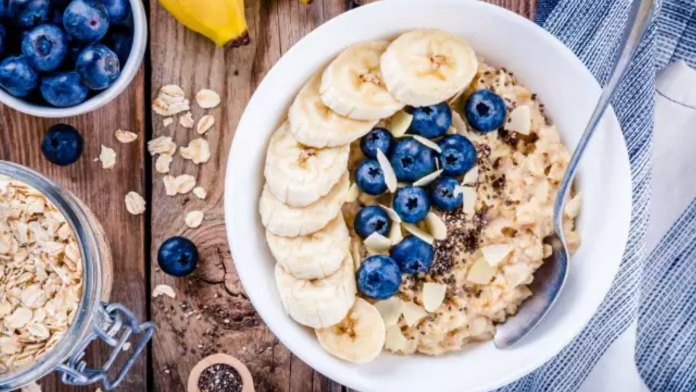Breakfast is often considered the most important meal of the day. It is the first meal we consume after a long night of fasting, and it provides the necessary fuel to kickstart our day. Eating a nutritious breakfast has several benefits, such as improving our cognitive function, increasing our metabolism, and aiding in weight management. However, one common question that arises is how many calories should our breakfast contain.
Firstly, it is important to understand that the number of calories you should consume for breakfast depends on several factors, such as age, gender, activity level, and overall health. The American Heart Association (AHA) recommends that the average adult should consume 2,000 to 2,500 calories per day, depending on their gender and activity level. However, the number of calories that should be consumed for breakfast varies based on individual needs.
According to the National Health Service (NHS), a healthy breakfast should contain around 400-600 calories for most people. This is equivalent to roughly one-quarter to one-third of the total daily calorie intake for the average adult. However, this number can vary based on individual factors.
For example, someone who is more active may require a higher calorie intake for breakfast, while someone who is trying to lose weight may need to consume fewer calories. Additionally, someone with a higher body weight may require more calories than someone lighter. Overall, the number of calories you need for breakfast will depend on your individual goals, lifestyle, and health status.
Now that we have established the recommended range for breakfast calorie intake let’s explore how we can ensure that we are consuming a nutritious and balanced breakfast within this range.
You should include a variety of food groups in your breakfast to ensure that you are getting all the necessary nutrients. The ideal breakfast should include whole grains, protein, and healthy fats. Whole grains such as oats, whole wheat bread, and quinoa provide fiber, which helps keep us full and provides sustained energy throughout the day. Protein-rich foods such as eggs, yogurt, and nuts help repair and build muscle tissue and keep us full for longer periods. Healthy fats such as avocado, nuts, and seeds provide essential fatty acids that help support brain function and reduce inflammation.
One popular breakfast option that incorporates all these elements is a breakfast bowl, which typically includes a base of whole grains such as oats or quinoa, topped with protein sources such as eggs or tofu, and healthy fats such as avocado or nuts. Another option is a breakfast sandwich made with whole grain bread, eggs or turkey bacon, and avocado or cheese.
It is also important to avoid processed and high-sugar breakfast options such as sugary cereals and pastries, as these can lead to a spike in blood sugar levels, causing a crash later in the day and making it difficult to focus. Instead, opt for whole, nutrient-dense foods that provide sustained energy throughout the day.
Finally, it is essential to listen to your body’s hunger cues and eat until you are satisfied, not overly full. Eating until you are too full can lead to indigestion and discomfort, while not consuming enough can lead to cravings later in the day.
By following these guidelines, you can ensure that you are consuming a nutritious and balanced breakfast that provides sustained energy throughout the day and sets the tone for a healthy lifestyle.
However, it is important to note that calorie counting should not be the only focus when it comes to nutrition. It is also essential to consider the quality of the food we consume and to prioritize nutrient-dense options.





